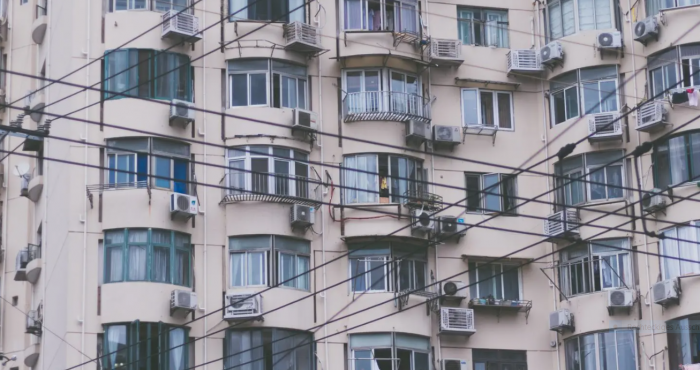
by Paolo Mastropietro (Comillas Pontifical University), Pablo Rodilla (Comillas Pontifical University), Carlos Batlle (Florence School of Regulation)
Many definitions can be found in literature for energy poverty, but all of them point at an unbalance between the economic resources needed to cover the basic energy needs of a household and the income of the family living in it. This unbalance may be due to different causes, from low household incomes to inefficient building and appliances, or a combination of them (EU EPO, 2020).
The Covid-19 outbreak that is currently spreading worldwide is exacerbating energy poverty issues. Several countries are trying to contain the epidemic through confinement measures that require people to stay home. This measure has a two-fold effect:
- The energy needs of residential consumers grow. Academic literature on energy efficiency comprehensively studied the impact that occupancy profiles have on household energy demand (Motuziene and Vilutiene, 2013; Cuerda et al., 2019). In this case, consumptions are likely to rise due to both augmented conventional demand (space heating, hot water, cooking and dishwashing) and new energy demand (as the one related with teleworking).
- The confinement, or the associated measures, provokes a strong contraction in the job market. Many people are losing their employment, either temporarily or permanently, and many families are seeing their income abruptly decline.
This combination of factors obviously aggravates the usual problems related with energy poverty, by increasing the difficulty in paying energy bills and by enlarging the discomfort of living in households that experience inadequate levels of essential energy services. Several governments have introduced specific measures in the emergency acts issued during the epidemic to tackle this Covid‑19-induced energy poverty. The most widespread intervention is the postponement of any supply disconnection in case of non-payment. This article focuses on the measures implemented in Italy and Spain, the two current epicentres of the epidemic in Europe; it highlights the key challenges that arise and outlines innovative alternatives to face them, beyond disconnection bans.
This article has been elaborated while facts were still developing. The main objective of this communication is to critically review some pioneering experiences and to alert the academic community on this urgent matter.
The energy poverty context in Italy and Spain
Italy and Spain are the two countries that suffered the strongest impact of the Covid‑19 virus in the initial phase of the pandemic out of China (Johns Hopkins University, 2020). Furthermore, these two jurisdictions have a comprehensive pre-existing legislation on energy poverty. Both countries rely on social tariffs for electricity and gas. Vulnerable customers can enrol in these programmes and benefit from either discounts (Spanish social tariff for electricity) or transfers in cash to cover part of their energy bills (Spanish social tariff for gas and Italian social tariffs for gas and electricity). Customers’ vulnerability is defined according to specific socio-economic conditions. As an example, Figure 1 shows the annual income and consumption limits for different vulnerability categories and living conditions used for the Spanish social tariff for electricity. More than 1 million households benefited from the social tariff in 2018, with a total budget close to 200 million euros.
You can find the full article here
